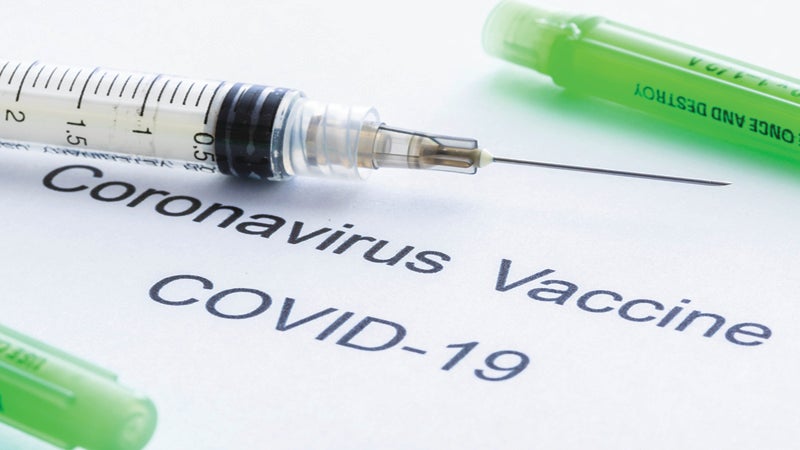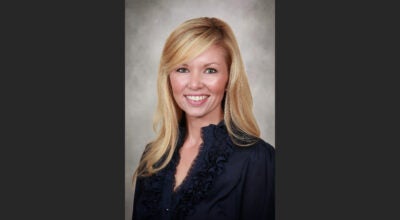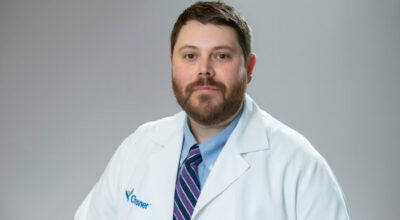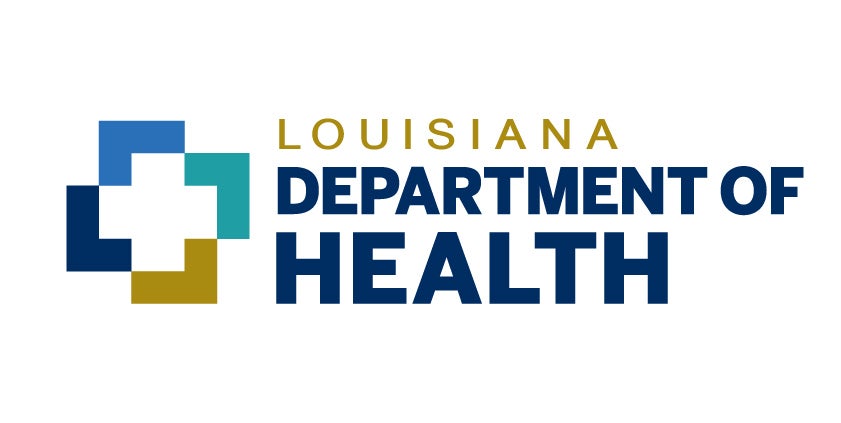Navigating uncharted waters: Health experts share tips for seniors, public safety
Published 12:00 am Saturday, March 21, 2020
|
Getting your Trinity Audio player ready...
|
LAPLACE — As of press time Friday, the Louisiana Department of Health reported nearly 500 confirmed cases of COVID-19 (the coronavirus) in Louisiana, including 10 cases and one death between St. James, St. John the Baptist and St. Charles parishes.
The general public has a strong enough immune system to overcome the impacts of the coronavirus, according to Terrie Hymel, director of surgery at St. James Parish Hospital. However, there are several populations who are at a higher risk of serious illness, and efforts to minimize the spread of the infection are of utmost importance.
Older adults and people with serious underlying medical conditions such as heart disease, diabetes and lung disease are most at risk of developing severe respiratory illness, according to the Center for Disease Control and Prevention.
People with HIV, people with asthma and pregnant women may be at an increased risk of developing severe symptoms.
Dr. Becky Hollibaugh, primary care physician at Ochsner Health Center — LaPlace Medical, said there is no evidence at this time suggesting older people are significantly more likely to contract the coronavirus than younger people. However, if people over 60 are infected, they are more likely to have a severe, life-threatening disease, even if their general health is good.
“Even if well managed, these conditions (obesity, diabetes and heart or lung disease) make it harder to fight off infection and may make it more difficult for your affected organs to function during a serious case of COVID-19,” Hollibaugh said.
Hymel said recent data has shown the increased risk of severe illness to be approximately four percent for people in their 60s, eight percent for people in their 70s and up to 15 percent for people in their 80s. About 10 percent of the population with cardiovascular, high blood pressure and heart issues is at risk for severe illness, as compared to seven percent for those with diabetes.
During a Thursday afternoon press conference, Hymel reminded the public that 90 percent of people will recover without issue. Even many of those who are hospitalized, with time and treatment, will recuperate.
Protecting vulnerable populations
Hollibaugh said there are several ways seniors can stay safe through social distancing.
“Don’t receive any visitors unless absolutely necessary. If you must see others, make sure it’s only healthy people and preferably no children, because they can be asymptomatic carriers.”
She advised seniors ask neighbors or family to shop for their groceries and refill any medications. If possible, use grocery and pharmacy delivery services.
Those who must go out should avoid large groups and public transportation, avoid shaking hands or hugging, keep a distance of at least six feet and avoid touching their faces. Upon returning home, wash hands frequently with soap and warm water for 20 seconds or clean them with an alcohol-based hand gel.
“Protective measures, such as canceling events and closing businesses such as restaurants and gyms, can help slow down the spread of the virus and therefore slow down the rate of an epidemic. This ideology is called ‘flattening the curve,’” Hollibaugh said. “While this strategy could result in the same number of people getting infected, it will slow the rate of infection and spread cases out over a period of time. In turn, this gives hospitals more capacity to treat those who are infected and helps ensure they have the proper resources like tests, beds, masks, ventilators and staff to care for patients.”
Standing far apart can help limit transmission of COVID-19, according to Hymel. However, the virus can survive on other surfaces, and touching these surfaces can lead to transmission through the airways, tear ducts or mouth.
Some studies show the virus can live on surfaces such as metal, steel or glass for up 72 hours, Hymel said. She added that paper products are not known to hold the virus for long periods of time.
“Our individual behavior can make this better or worse,” Hymel said. “If you have been out, when you come back in, it’s not far-fetched to take a shower and change your clothes. At least change your clothes and keep your hands clean.”
The good news is COVID-19 is classified as one of the easiest pathogens to kill, whether through household cleaning products or simple soap and water.
Mary Ellen Pratt, president and CEO of St. James Parish Hospital, said it is not a good practice for those who are not sick to wear a surgical mask.
“All it makes you do is touch your face more, and that puts you more at risk,” she said.
Hospital Considerations
This week, St. James Parish Hospital announced its plan of action is to screen individuals at limited access points, limit exposure by postponing procedures that are not medical necessities, and isolate and treat those displaying symptoms.
Isolation rooms are equipped with negative pressure to the outside space to ensure air is not shared with the hallway or other rooms. St. James Hospital is also limiting face-to-face encounters by conducting medical interactions over the phone.
Ochsner recommends anyone experiencing a runny nose, fever, cough, sore throat, headache and shortness of breath, or those who believe they have been exposed to COVID-19, take the following steps:
- Call or conduct a virtual visit with your primary care provider. Ochsner patients can utilize Ochsner Anywhere Care to get a telemedicine appointment. Explain symptoms so the professional can determine whether testing is necessary.
- Call the Ochsner COVID-19 info line at 844-888-2772 or visit ochsner.org/coronavirus
- Call the state COVID-19 info line at 211.
Ochsner recommends patients with regularly scheduled appointments check with the doctor’s office before coming in. Some visits can take place virtually.





